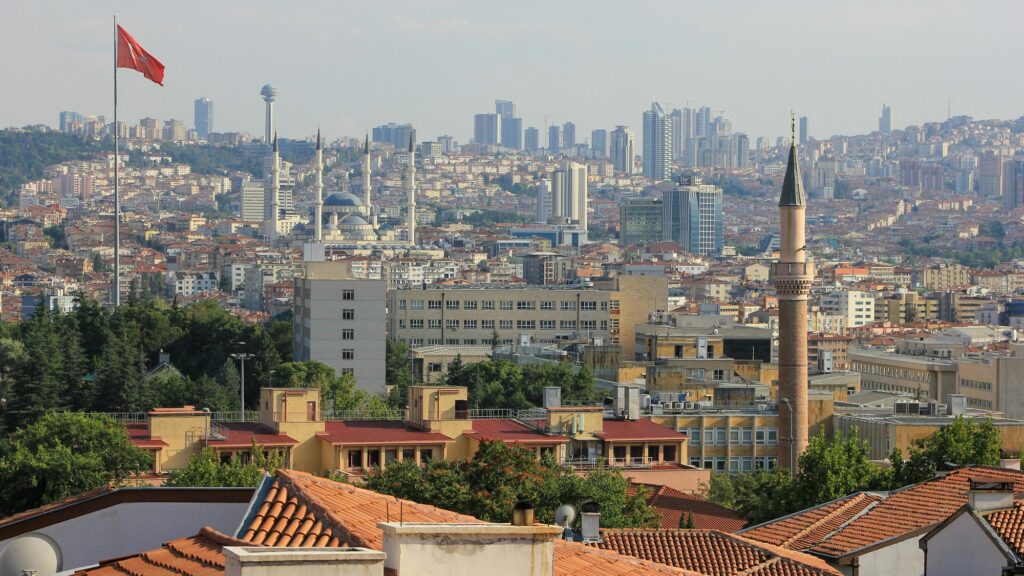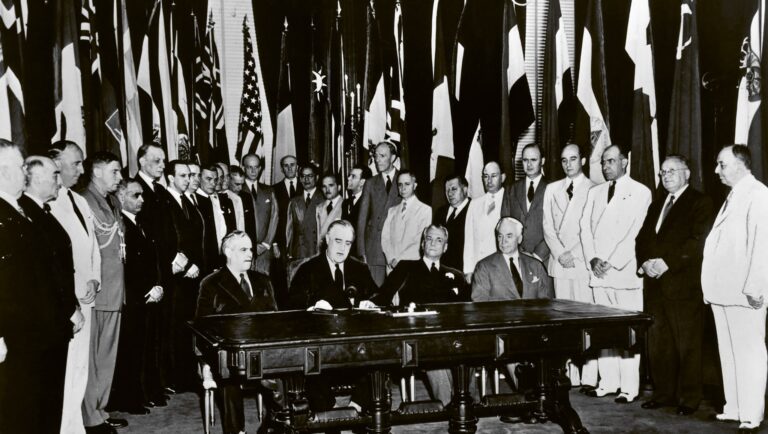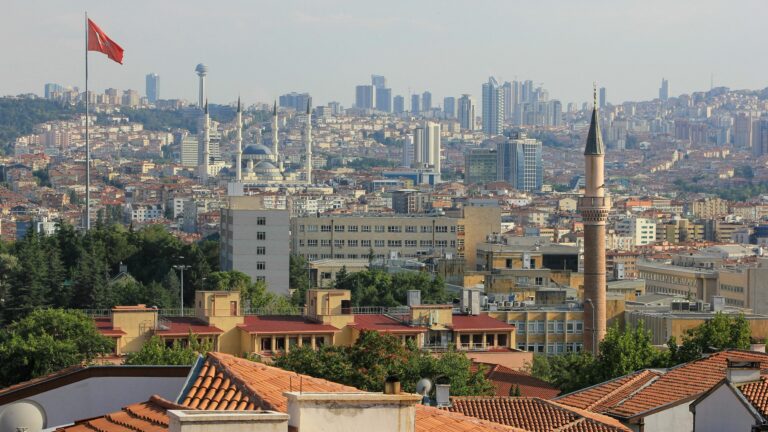Migration is practically as old as mankind. Arguably, the single most consequential mass migration took
place during the waning years of the Roman Empire and the dawn of the Middle Ages, when the ethnic map of Europe changed dramatically. In fact, certain patterns have not changed that much. Thus, the overpopulation
of an area in the relative vicinity of a wealthier one served as powerful push and pull factors respectively. Mutatis mutandis, similar phenomena seem to be driving present-day migration, this time from the ‘South’ to the ‘North’. Just as Roman leaders seemed unable to solve the question of properly assimilating the new arrivals into their society, so latter-day radical liberals who believe in migration sans frontières seem reluctant to take stock of the potential consequences of the appearance of millions of people whose historical experiences, economic background, political concepts, culture, and religious ideas differ markedly from the people playing host to them. There is not even an informed debate on such questions as the acculturation, integration, or assimilation of the newcomers, who have a rather strong tendency to create parallel societies and structures. An undeclared Kulturkampf is going on, and one of the lessons of history is that whoever wins the battle for the minds of the people will in all probability win the battles on other fronts as well. Without stretching parallels, present-day self-surrendering policies in the greater part of Europe show striking resemblances to the self-defeating intellectual and religious tendencies, and the loosening moral standards, in late-imperial Rome. A healthy civilization should have a set of core values, points of reference, which help guide members of the community. William Butler Yeats wrote it all some hundred years ago: ‘The best lack all conviction, while the worst / Are full of passionate intensity’ (‘The Second Coming’, 1919). We cannot say that we were not forewarned.








